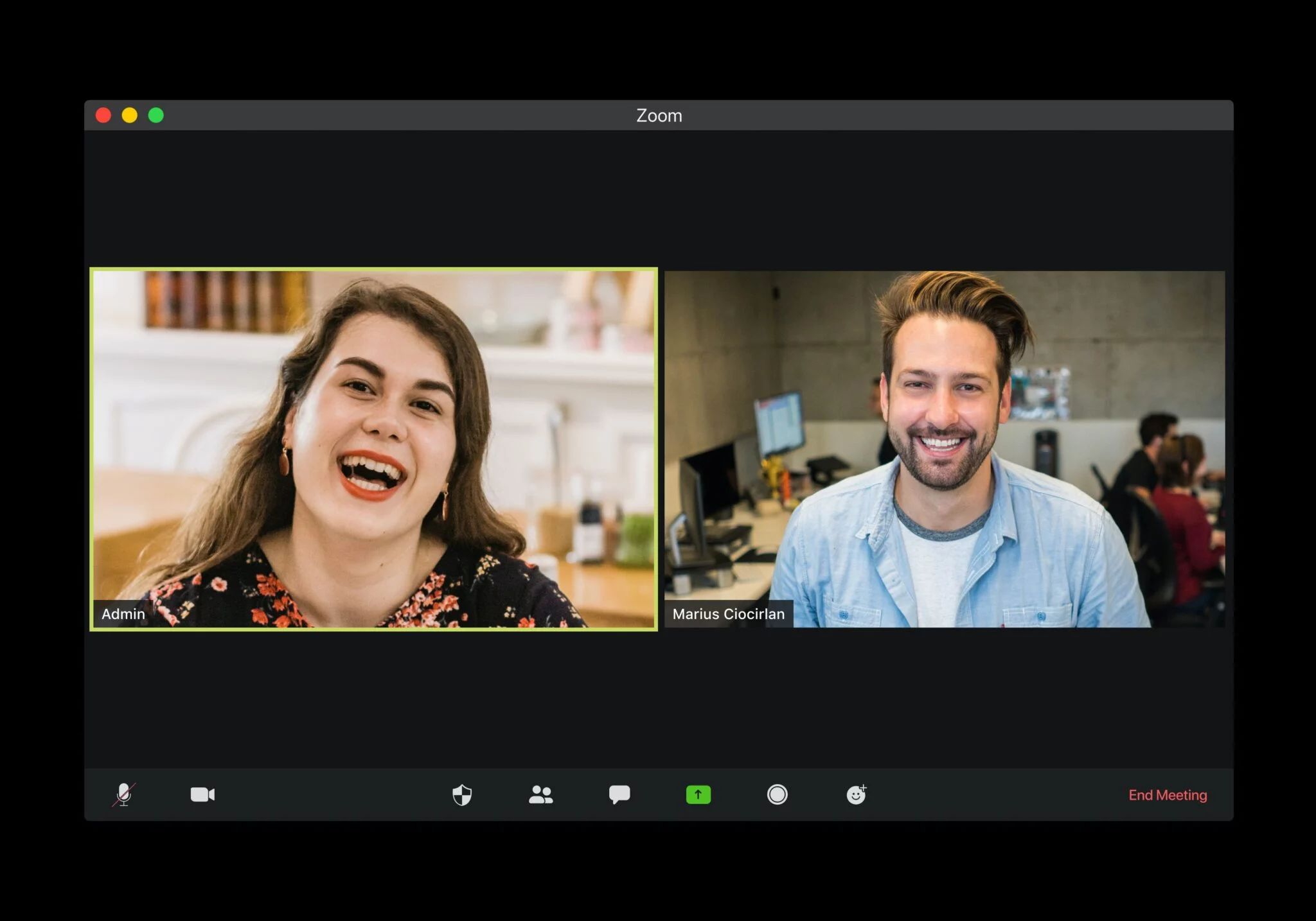If you’re using video to conduct videos for your recruitment process, use these video interview questions to screen candidates and decide whom to call for an in-person interview.
What to ask candidates in a Video interview?
Video is a great interviewing tool for Hiring Managers and recruiters, especially during primary recruitment stages. Video interviews help recruiters:
- Schedule interviews for distributed teams
- Interview candidates in remote locations
- Test communication skills
- Check resume details
- Screen for deal-breakers like availability and salary
- Assess verbal communication skills
During Video interviews, start by introducing yourself to create a stage for the interview. Then, share basic details about the position (like responsibilities, work schedule etc.) to generate candidates’ interest. Use this call to decide if the candidate should be moved to the next round.
For distributed teams, video calls are helpful for second and third-round interviews. In this case, consider the video interview as a one-to-one interview. Ask situational and behavioral questions to know more about your candidates.
Video interview questions to ask candidates
- Why did you choose this career?
- Define a healthy work environment?
- Share your salary expectations.
- How soon can you join our team?
- What did you find attractive in this job? What made you apply for this role?
- Have you ever heard of our company before? Why do you want to work with us?
Tips to conduct an effective Video interview
- Send a video interview invitation email to candidates to let them know the date and time of the Video call. If you both are in different time zones, make sure to specify the time zone. Mention the estimated duration, the details of the interviewer.
- If you will be recording the video call, make sure you discuss the same with the candidate and get their permission. You can also send an email and get a written consent for recording the call, to avoid legal issues.
- Before the interview, check the equipment for clarity of voice and video. Also, choose a quiet cabin, to ensure that there are no distractions during the interview.
- Prepare a questionnaire beforehand; don’t hesitate to ask follow-up questions. Also, make sure that you and the candidates cover all important information- you both need to know during this stage of the hiring process.
- It is difficult to maintain eye contact when doing a video interview, but it is important. Try to look at the camera, instead of your screen. Keep the notes short and to the point. If you spend time reading notes on the screen and not looking at the candidate, they might feel unheard and unimportant, which could affect their interview.
Red Flags
- Being late or not answering the video call: If the candidate doesn’t log in on time for your scheduled interview and/or doesn’t answer the video call, that is a sign they are not interested in the position and can’t be relied upon.
- Bad signal or external noises: Just like the Hiring Manager, candidates should prepare for the interview. Distractions, noises and bad signals can be disturbing. If the issue is for time being then candidates can suggest rescheduling the interview.
- Unprofessional dress code and/or backdrop: Video interviews simulate in-person interviews. Candidates should be well-dressed during the call, even if they are at home. Casual clothes and sitting on a bed rather than a proper couch or desk shows a lack of professionalism.
- Uncomfortable body language: You can judge candidates’ body language even through your computer screen. While it is perfectly fine to be slightly hesitant initially, poor communication and nervousness are red flags, especially for positions where social interaction is a part of the job.
- Casual approach: A video interview for a job should be as professional as a one-to-one round. Casual expressions like “Hey”, “Say again?” show that candidates are not taking the interview seriously.



